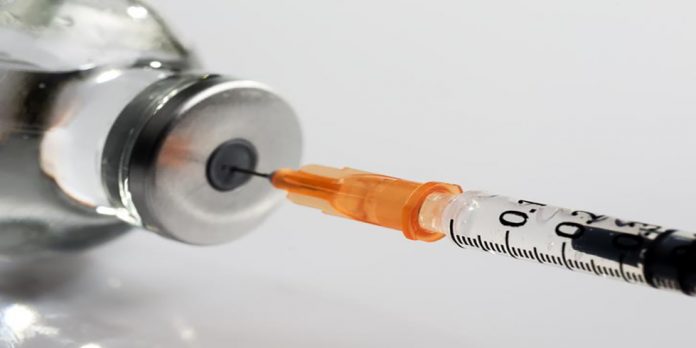According to researchers out of the Second Military Medical University in Shanghai, the medical world may be one step closer to an affordable vaccine for hepatitis C virus (HCV). Their study showed how exosomes secreted from umbilical mesenchymal stem cells (uMSC) efficiently suppressed HCV infection.
Chronic hepatitis C can result in long-term health problems. According to the World Health organization, 700,000 people die each year from HCV-related liver diseases worldwide. Additionally, while newly developed antiviral medicines could cure approximately 90 per cent of those with HCV infection, access to diagnosis and treatment is limited and there is currently no vaccine to prevent it.
Zhongtian Qi, Ph.D., M.D., the study’s lead investigator, says the development of these antivirals has “improved the response rate in HCV patients.” However, he adds, “New, more effective anti-HCV agents that also have better tolerance and cheaper production costs are still urgently needed.” As such, his research team set out to discover if a cell-based therapy might provide the answer.
“Cell-based therapy is of great interest to us because of exosomes, miniscule fluid-filled sacs that can transfer information and thereby affect immune responses to specific antigens,” explains Dr. Qi. While research into exosomes’ roles in pathogen infection is still in the early stages, reports have shown that they can shuttle protective host molecules between cells.
Mesenchymal stem cells (MSCs), found in umbilical cords, produce high amounts of exosomesm and collecting them is a relatively low-cost, non-invasive procedure. These cells also expand easily and their physiological properties can be preserved under cryostorage.
“This all added up to make us wonder how uMSC exosomes might affect HCV,” adds Dr. Qi. His study showed that exosomes secreted from uMSC inhibited HCV infection in lab culture “because it targeted the virus as it tried to replicate,” he says.
“As the first study to identify exosomes with antiviral potency, this research suggests the potential for a new therapy for hepatitis C to address some of challenges with current treatment, including non-response in some patients and side effects,” says Anthony Atala, MD, editor-in-chief of the STEM CELLS Translational Medicine journal and director of the Wake Forest Institute for Regenerative Medicine.









